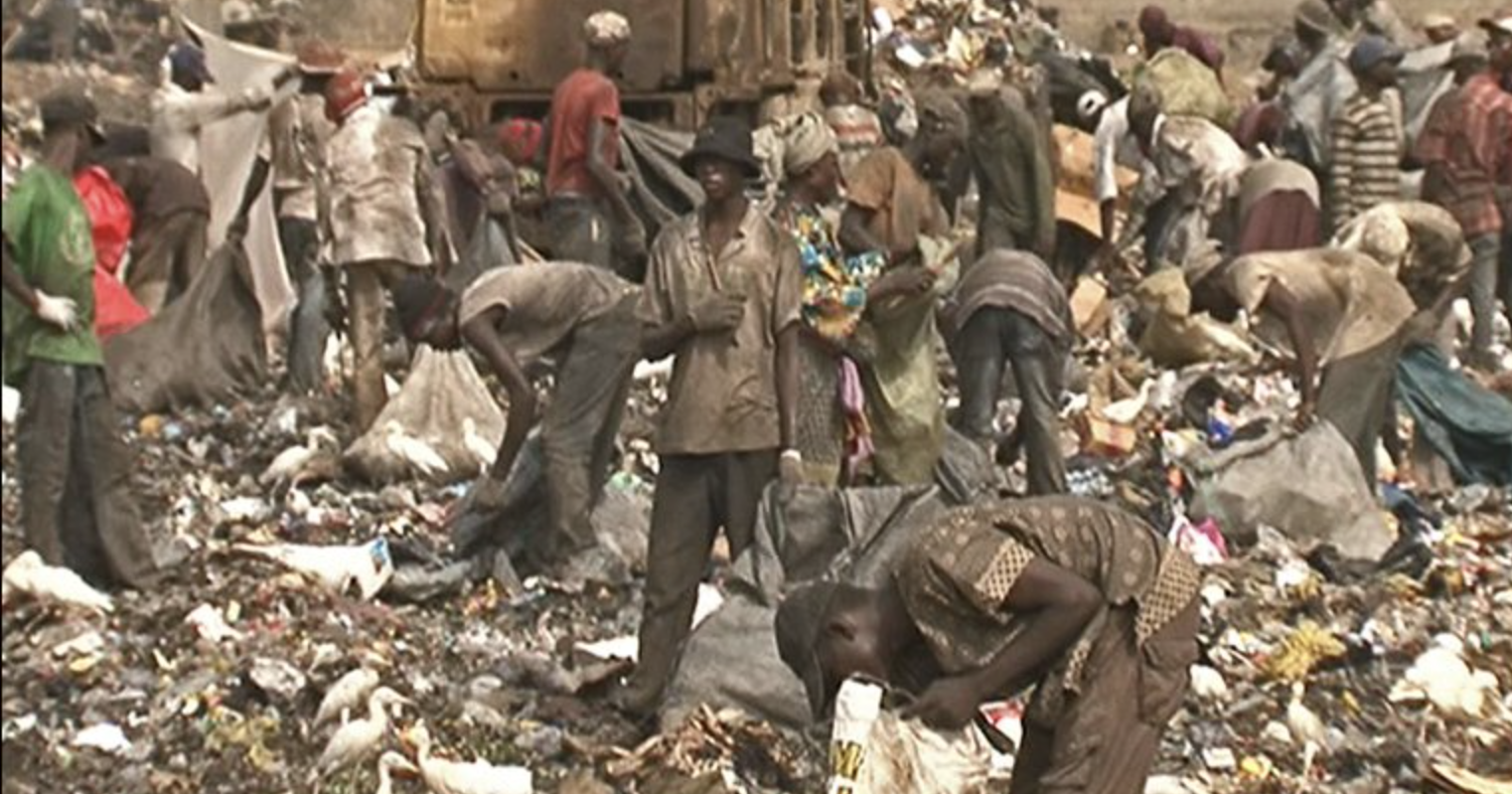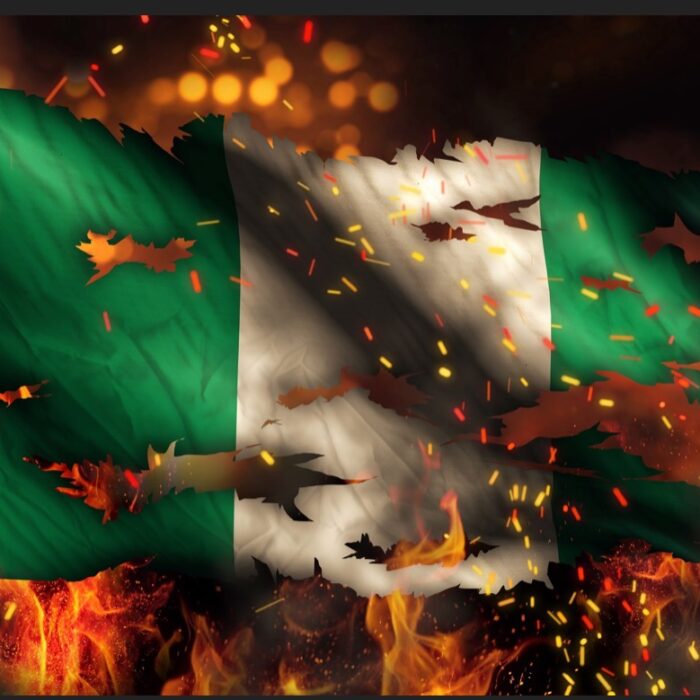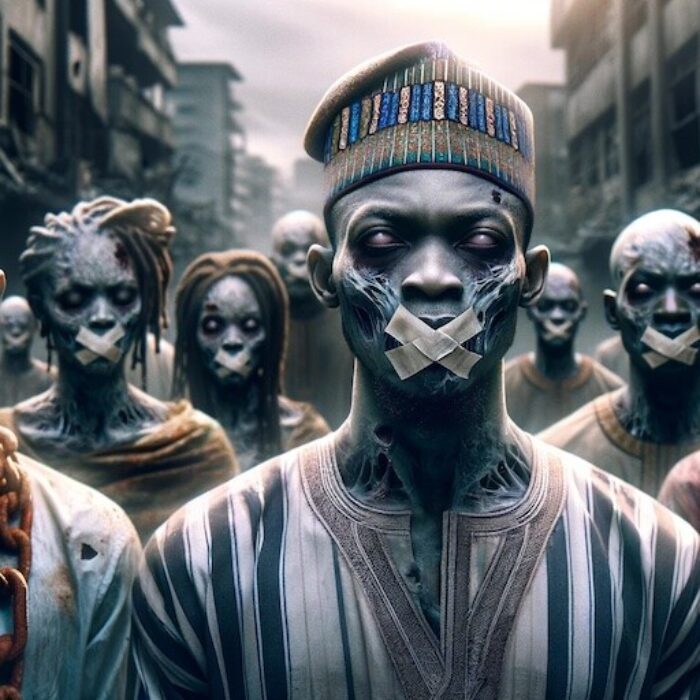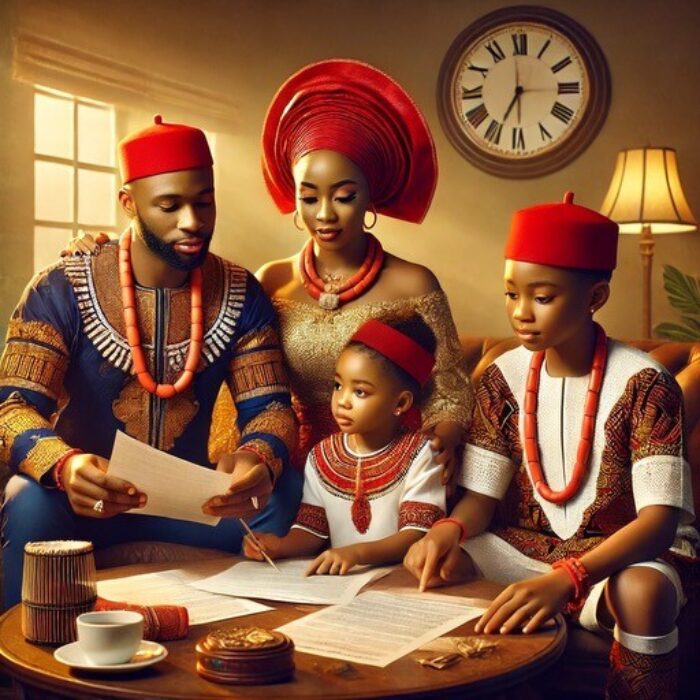by Nnaoke Ufere, PhD
Universities proclaim mottoes that commemorate a befittingly grand ideal, like Harvard’s Veritas (Truth) and Oxford’s Dominus Illuminatio Mea (The Lord is my light). The University of Nigeria’s motto expresses a pragmatic purpose: To Restore the Dignity of Man.
The origin of the notion of the dignity of man can be traced to Count Giovanni Pico della Mirandola. In 1486 Count Mirandola gave the world the enduring oratorio on “The Dignity of Man.”
The oratorio became the manifesto for social change: freedom, justice, progress and accountability. In addition, it became the governance foundation and national vision of many successful societies and would-be society builders around the world.
It is out of this grand tenet of human dignity that the University of Nigeria, Nsukka (UNN) founders at its opening in October 1960 adopted the motto: “To Restore the Dignity of Man.” By implication, the UNN motto affirmed the inimitable vision of God’s love for humanity and the necessity for freedom, justice, security, equity and accountability.
It follows that by man’s dignity the UNN founders, like Count Mirandola, meant the fundamental and unconditional value of the human person for the mere fact that he or she is a person, and not because of his or her ethnicity, religion, status, achievement, age, gender, wealth, or any other human characteristics.
The motto speaks volumes about the purpose of the UNN and the grand expectations of alumni fortunate enough to have passed through the university, and for whom the university passed through.
Additionally, and most importantly, the motto speaks to ALL NIGERIANS. It also spoke to our nation’s founding fathers, Dr. Nnamdi Azikiwe, Chief Obafemi Awolowo, Sir Ahmadu Bello and Sir Abubakar Tafawa Balewa.
Our nation’s founding fathers were visionaries who could see what they were up against after the colonial era. They anticipated, correctly, that restoring the dignity of Nigerians after the indignities of colonialism will require the education of great men and women who are adequately equipped to become the cornerstone and the foundation on which the young nation will reconstruct its future as a new multi-religious and multi-ethnic country.
By standing on this solid foundation, the nation can federate a more perfect union – Nigeria – where every citizen has a right to freedom, justice, security, equity and equal opportunity as they work hard to raise their families.
The essential dignity of man, from our founder’s perspective, resides, therefore, not merely in the satisfaction of personal material needs, but rather, in the pursuit of justice, freedom and equality for all, and the pursuit of truth. And among these first truths is the command to love one another.
This is the reason why restoration of human dignity in Nigeria ought never to be interpreted as a tenet for furthering one’s self-interest but as ends beyond the individual.
Our nation’s founders made perfectly clear that the vision and promise of Nigeria can only be achieved when we seek justice, freedom, and welfare for all, creating a country that is better than the colonialists left.
It mandates us to treat others as ends in themselves and not as mere means to an end. In other words, we should treat all Nigerians as persons who possess the same gift of God’s love, freedom and happiness that we ourselves possess, and not as things to be used and abused. It means that in disagreements and conflicts, we embrace respect, tolerance and inclusiveness.
Realistically, our founding fathers understood that building a united Nigeria might get messy; that the Nigerian experiment would include self-interests, conflicts, false starts, taking one step forward and two steps backward, resulting in agonizingly slow progress in pursuit of a more united country.
They recognized that they did not have all the answers to our national problems, and that finding them could entail disagreements and conflicts for which an educated and experienced cadre of transformational leaders would be prepared to confront and resolve.
But we’ve fallen far too short of expectations. In fact we have failed.
Sixty-two years since our founders declared the motto to restore the dignity of man from the indignities of colonialism, the most contentious federating issues of the day have remained remarkably constant. As expected, the reality has been messy.
In fact, the nation today is more divided, more fractious, more unequal, insecure and unstable. Ethnicity, religion, exclusivism, regionalism, weak institutions, corruption, structural imbalances in state creation, disparities in resource allocation and presidential zoning, and uninspiring leadership, to name a few, have unequaled and divided us and set us back against comparable nations.
Today, the dysfunction, rancor and divisive discourse nationwide, appeals to our worse indignity instincts to debase, rather than retore or enhance, the humanity and dignity of those who believe differently, worship differently, speak differently and live differently.
The tendency to vilify, blackmail, insult and demonize has become normative in our national discourse. In our traumatized society, these indignations are not startling these days; there are the norm rather than the exception.
How the Seed of Discord Was Sown
To fully understand our current situation with respect to the vision our founding fathers established, it is necessary to understand the historical developments which led us to the present. By doing so, we can find the right solutions to our problems.
As you’ll recollect, the initial construction of federalism encompassed three regions at the periphery of a strong center. The intent was to make the centripetal force of national unity at the center strong enough to counter the centrifugal forces of regionalist agendas exerted by the three federating regions – the North, East and West.
Weighed down by regionist agendas, the periphery was troubled. Ethnic, provincial and religious self-interestedness seeded elitism and distrust, which in turn, triggered repressed ethnic rivalry and conflicts. At the same time, the center became blotted, corrupt, and ineffectual.
Weakened by faulty design, institutional void, parochial regional interests, intertribal hatred, and chronic conflicts, the center could not hold the periphery together. And we fought a bloody civil war. The retributive victor’s justice applied by the Nigerian government against the defeated Igbo people have further divided an already divided nation for decades.
For over three decades postwar, dictatorial militarists reigned havoc on the nation. Each military dictatorship was progressively worse. Corruption begets more corruption. According to a World Bank estimate, over $400 billion of the nation’s oil revenues have been stolen and siphoned off to foreign bank accounts and illicit real estate investments.
In 1999 after 16 years of consecutive military rule, we experimented with democracy. But democracy has not worked as we expected, and its dividends, if any, have not benefitted ordinary citizens. Rather it created and sedimented a new homespun elite colonialism against the masses of ordinary citizens.
The dreams of our founding fathers of a new cadre of well-trained and enlightened leaders to restore the dignity of Nigerians have turned into a nightmare as the presidency and top national appointments are sold to the highest bidders and not to the most competent and ethically moral among us.
What resulted was a cadre of serially incompetent and corrupt leaders. And the nation is today at the precipice of ruin. Today, we are engaged in an existential battle for the soul of Nigeria.
My Vision of a New Nigeria
With the above as background, how then do we design, engineer and build a more perfect nation? My thesis is that we start with our founding fathers’ vision in mind: To restore the dignity of all Nigerians.
The New Nigeria must allow all our peoples to live together in one united country, where we have so many different believes and perspectives, so many different desires, to live together in a way that is more free, inclusive, secure, and equal. Together we can become productive citizens. I believe in the hope and promise of Nigeria.
But to achieve this grand vision we must change.
We must put out the remnant emotional fire that has been smothering since the physical end of the Biafra war. The long-standing exclusion of the Igbos from nomination for presidential candidate by the two dominant political parties – the APC and PDP – has unequaled the nation and must end. It is time for true and unconstrained national reconciliation.
The Igbos must remain a part, not apart from Nigeria. Each ethnic group plays a critical role in the nation. Exclusion of any one group diminishes us all. We must resist the seduction and dangers of retaliatory politics. And we must resist the kind of divisive partisanship which destroys the freedom of others.
On the topic of comprehensive restructuring, I previously expressed my discomfort with the kind of absolutist approaches suggested by some politicians and academics. In a previous article, I recommended a minimalist and incrementalism approach to devolution of powers from the Federal government to the States. An approach that starts with allowing the states some level of fiscal autonomy, economic self-governance, in-state security provisioning, and state-driven infrastructure development. This is common sense.
However, leadership is not just the burden of a few compromised politicians, but a crucial undertaking for all Nigerians. That undertaking begins with casting your vote for the right leader among the three presidential candidates.
So, when you enter the voting booth to cast your vote, remember the vision of our founding fathers, “To Restore the Dignity of All Nigerians”, and ask yourself: Of the three presidential candidates – Peter Obi, Bola Tinubu and Atiku Abubakar – who has the vision, ethics, competence, pragmatic agenda and human decency to help you find and keep a good job; provide good education, housing and healthcare for your family; improve the quality of your life; and make the country a safe place for your family? Then cast your vote for the one who can deliver your needs.
My fellow Nigerians, this time must be different. We must elect a visionary, competent and pragmatic president to build the New Nigeria and restore the dignity and humanity of all Nigerians.
We have a clear choice in 2023. We have three presidential candidates. Two are running because it’s their life ambition to be president just for the sake of fulfilling their self-centered desires. They believe it’s their birthright to be president, no matter what. Worse, both are disconnected from the needs of ordinary Nigerians and have lost touch with their suffering, and their hopes and aspirations. They sneer at poor Nigerians with disdain, labelling them as lazy.
Not only their selfish beliefs and claims of entitlement but also their indoctrination into Buharism make both unfit for the office they are seeking. We must exorcise any remnant of the ghost of Buharism.
But there’s one candidate who deeply understands the issues ordinary people face. His plan to build a productive economy, invest in infrastructure and grant economic self-governance and security autonomy to states will create good jobs, boost productivity, and keep the country safe and secure.
He is a visionary and a pragmatic leader who is motivated not by self interest but by a genuine desire to solve the people’s problems.
He has given voice to Nigerian youths, millions of our working poor and the oppressed.
He is our hope if we are to realize the full potential and promise of Nigeria and the vision to restore the dignity of all Nigerians. He is the glue we need to bind our fractured nation. He is Peter Obi.




